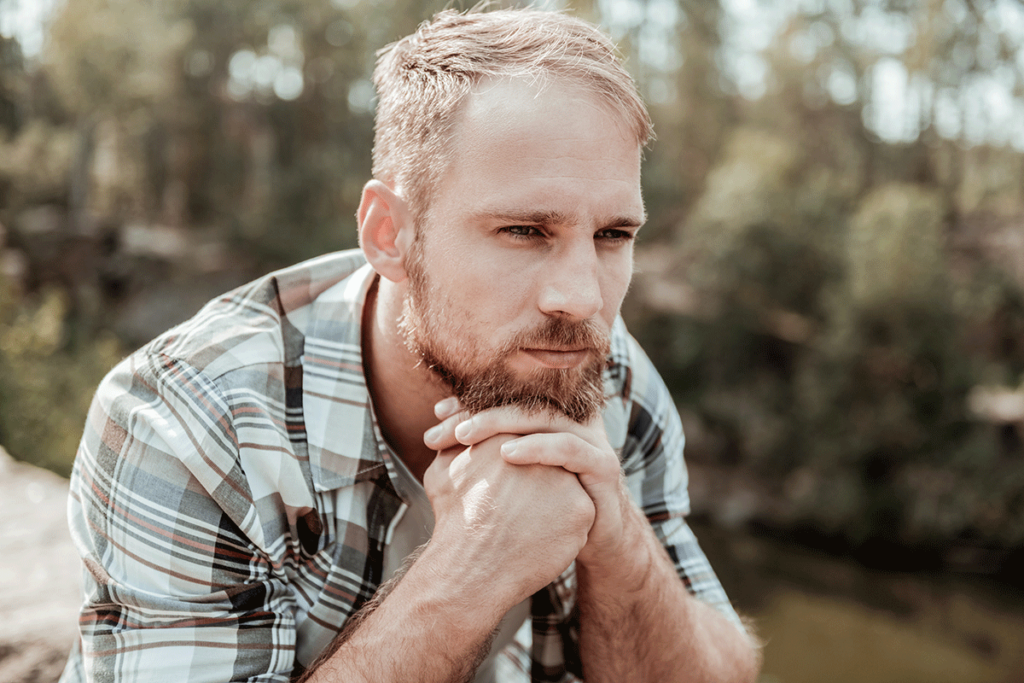Benzodiazepines—or benzos for short—are a highly addictive prescription drug. The drug is prescribed to help treat a number of mental health conditions, but unfortunately, it is highly abused. Benzodiazepine side effects can cause short-term and long-term health issues with extended misuse of the drug. If you or a loved one are struggling with a dependence on benzos, seek help through a professional benzo addiction treatment program. Tackling an addiction before it gets worse will lessen the side effects and their lasting effects on one’s physical and mental health. Call The Arbor at 844.413.2690 to learn about treatment options.
Are Benzos Addictive?
The short answer to this question is yes. It may seem illogical since this is a drug that doctors prescribe to help people. Benzos are commonly prescribed to treat a variety of mental health issues and even some neurological conditions.
Benzos work as a sedative and slow down how neurotransmitters in the brain work. This directly affects how people respond to stressful situations that cause panic or anxiety. Overall, it can create a feeling of calm, which is why it’s a common prescription sedative.
Some examples of brand-name benzos often prescribed by doctors are:
- Valium
- Ambien
- Klonopin
- Lunesta
- Xanax
Benzos can be used to treat:
- General anxiety disorder
- Panic disorders
- Insomnia
- Seizures
Unfortunately, chasing the calming effect benzos provide can easily lead to addiction. What was meant to be a helpful drug can become an unhealthy dependence. This is when benzo addiction treatment is needed so that a healthier lifestyle overall can be achieved.
Do You Need Benzo Addiction Treatment?
Recognizing the signs of addiction is the first important step to getting the help needed at a benzo addiction treatment center.
Uncharacteristic behaviors to be on the lookout for include:
- Sleep issues
- A state of confusion
- Lack of coordination
- Lethargy
- Depression
- Slurred speech
- Tremors
Once it is determined that benzo addiction treatment is needed, meeting with the intake team at a treatment center is next. The team will work with therapeutic and medical professionals to create a personalized treatment plan encompassing a mix of therapies.
With a severe addiction, a medically supervised detox may be necessary before therapies can begin. This is because removing a highly addictive drug from your body can be very uncomfortable and dangerous. Without supervision, the side effects of withdrawal can actually work against you and cause more harm to someone already struggling with addiction. The worse the addiction is, the worse the withdrawal symptoms are.
Therapies that one can take part in during treatment include:
- Individual therapy
- Group therapy
- Experiential therapies
- Behavioral therapies
Find Relief from Benzodiazepine Side Effects with Addiction Treatment at The Arbor
Benzo addiction treatment programs can look different for each person receiving treatment. This is because treatment plans are customized to the individual and their unique needs. Various therapeutic modalities are used to create an experience that best helps the person struggling.
With the support and guidance of a professional team of therapeutic professionals in a safe and comfortable treatment environment, it is possible to recover from an addiction to benzos. An addiction treatment center like The Arbor provides an opportunity to go through treatment alongside others going through a similar experience.
Programs and services offered at The Arbor include:
- Residential treatment
- Intensive outpatient program (IOP)
- Extended care sober living
- Relapse prevention program
- Family therapy
- Alumni program
- Dual diagnosis program for co-occurring disorders
For more information on benzo addiction treatment and a holistic approach to treatment and recovery, contact The Arbor’s treatment team at 844.413.2690 or reach out online. Getting the help you need in a safe and secure environment is a top priority.


